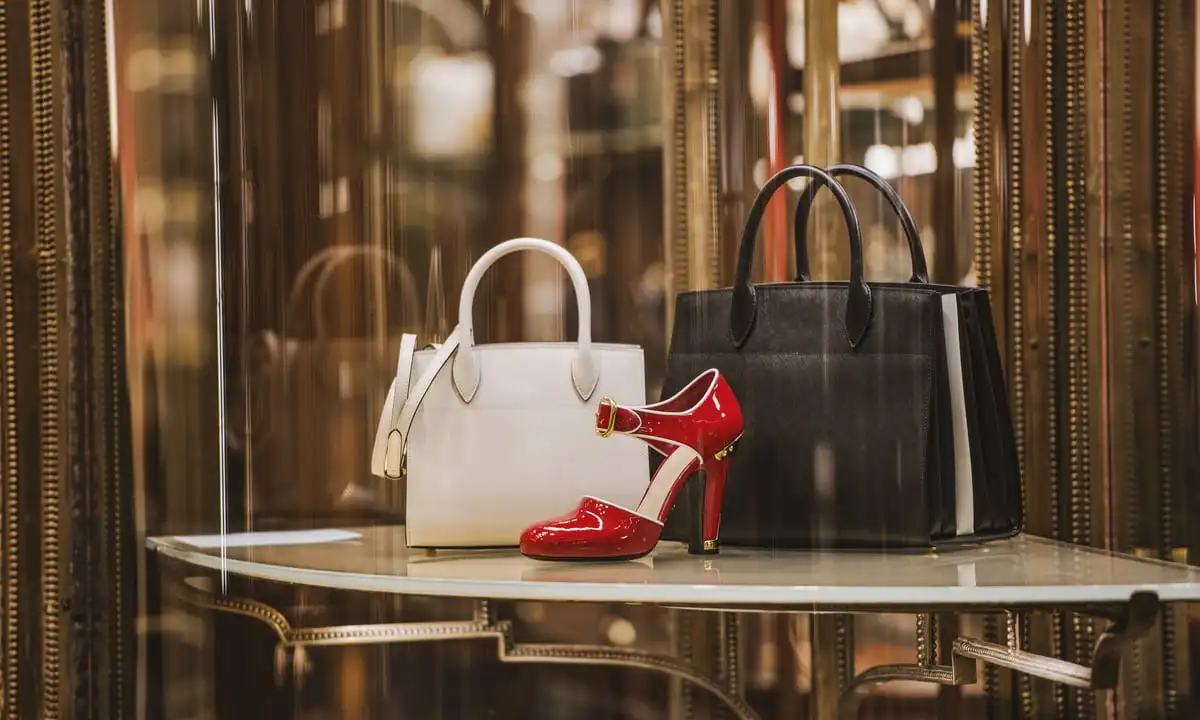The world of luxury goods has long been synonymous with artistry, elegance, and prestige. Yet, the growth of counterfeit products has cast a shadow over this realm, denting brand reputation and causing significant financial losses. Here enters the blockchain technology – a groundbreaking tool with the potential to reshape the luxury goods landscape by fortifying transparency, traceability, and trust. In this article, we delve into how blockchain is breathing new life into the industry, bolstering the battle against counterfeiting, and ensuring the genuine essence of luxury products.
The Challenge of Counterfeits
Counterfeit luxury goods have posed a persistent challenge, costing brands not only in terms of revenue but also eroding the trust customers place in their favorite labels. From imitation handbags to faux watches, counterfeiters have honed their skills, making it increasingly difficult for shoppers to discern genuine products from fakes. This has driven luxury brands to search for innovative solutions to reclaim control over their supply chains and defend their creative assets.
Blockchain Technology: A Game-Changer
At the forefront of this battle stands blockchain technology, the very foundation of cryptocurrencies such as Bitcoin. Its potential as a remedy for the luxury goods industry’s counterfeit conundrum is remarkable. Fundamentally, blockchain is a decentralized digital ledger, immune to tampering, and capable of securely recording transactions and data. This technology boasts several attributes that make it a potent weapon against luxury counterfeiting:
Unveiling Transparency: Blockchain presents an unalterable record of each transaction and progression within the supply chain. This unprecedented transparency empowers brands and consumers alike to confirm the authenticity and origins of products at each stage, from inception to ownership.
Tracing the Tale: Every product can be granted a distinctive digital identity on the blockchain, encompassing comprehensive details about its voyage through the supply chain. This includes insights into material sourcing, manufacturing processes, and pathways to market.
The Smart Bond: Enter smart contracts ,contracts encoded as software that execute themselves. They automate critical processes like validation, verification, and payment, diminishing the risks associated with human error and fraudulent activities.
Unchanging Chronicles: Data recorded on the blockchain is beyond manipulation or deletion, guaranteeing the accuracy and sanctity of information. This feature serves as the bedrock for maintaining a reliable product history.
Empowering Consumers: Blockchain puts the power in the hands of consumers, granting them access to real-time information about their purchases. Brands can develop user-friendly apps or platforms that enable customers to scan QR codes or NFC tags, revealing blockchain-stored product details.
Real-Life Manifestations
Leading luxury brands and industry stakeholders are already embedding blockchain into their operations:
LVMH: The esteemed French luxury conglomerate, LVMH, introduced AURA, its own blockchain, to validate and trace luxury products. AURA allows customers to delve into precise details about their purchases’ authenticity and origins.
Vacheron Constantin: The Swiss watchmaker joined forces with blockchain company Arianee, to craft digital certificates of authenticity for their watches. These certificates reside on the blockchain and can be accessed by customers via a mobile app.
De Beers: The diamond giant developed Tracr, a blockchain platform tracing diamonds’ odyssey from mine to market. This initiative augments transparency, guaranteeing that ethically sourced, conflict-free diamonds reach consumers.
VeChain: Specializing in supply chain management, VeChain collaborates with luxury brands like Givenchy to heighten authenticity and traceability.
Blockchain technology holds the promise to metamorphose the luxury goods industry and confront the relentless challenge of counterfeits. By ushering in unparalleled transparency, traceability, and trust, blockchain has the potential to restore consumers’ faith and reinforce the essence of authenticity in luxury products.
With more brands adopting blockchain solutions, the industry stands at the cusp of a new era marked by integrity, innovation, and an impervious defense against counterfeit encroachments.
















Leave a comment